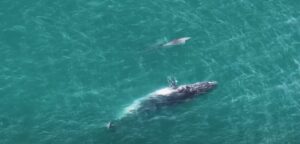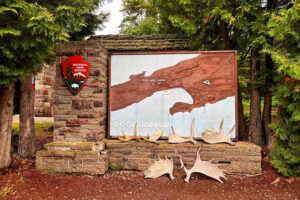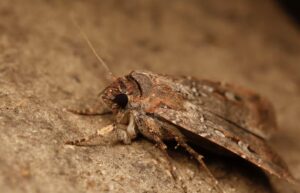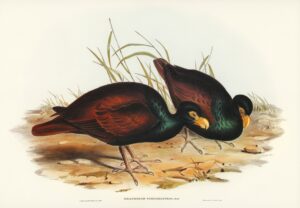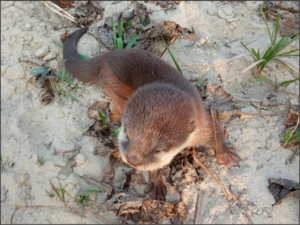On May 4, three orcas attacked the yacht Champagne off the Spanish coast. They damaged it so badly that the boat sank after the crew was rescued and the vessel towed to port. The incident is the latest in a string of orca/sailboat encounters off the Iberian peninsula dating back to May 2020.
Now, after studying the behavior and tracking the whales involved in the attacks, one scientist has a theory as to the cause.
Alfredo Lopez Fernandez is a biologist associated with the Atlantic Orca Working Group. As far as he and his team can tell, the attacks began with a female orca known as White Gladis. They don’t have any direct evidence, but the scientists believe White Gladis underwent a “critical moment of agony” in an interaction with a boat at some point prior to 2020. That trauma, whatever it was, likely spurred White Gladis toward attacking unrelated vessels.
On purpose
“The orcas are doing this on purpose, of course, we don’t know the origin or the motivation, but defensive behavior based on trauma, as the origin of all this, gains more strength for us every day,” Lopez Fernandez told Live Science.
Orcas are intelligent and highly social, meaning their behavior quickly spread through the critically endangered Iberian orca subpopulation.

Scientists believe the behavior might be spreading because of imitation, not intentional teaching. But as any parent knows, your kids are always watching. Photo: Shutterstock
“There were two smaller and one larger orca,” Werner Schaufelberger, skipper of the Champagne, told Yacht. “The little ones shook the rudder at the back while the big one repeatedly backed up and rammed the ship with full force from the side. The two little orcas observed the bigger one’s technique and, with a slight run-up, they too slammed into the boat.”
That tracks with what Greg Blackburn, skipper of a vessel attacked in a similar fashion on May 2, observed.
“You can see in one of the videos the matriarch coming up and attacking the rudder with a calf at one side of her, then she drops back and then the little calf gets in to have a go,” he shared with 9news. “It was definitely some form of education, teaching going on.”
Learning or imitating?
But Lopez Fernandez and his fellow scientists at the Atlantic Orca Working Group hold that the behavior is spreading through imitation rather than teaching.
“We do not interpret that the orcas are teaching the young, although the behavior has spread to the young vertically, simply by imitation, and later horizontally among them, because they consider it something important in their lives,” Lopez Fernandez clarified to Live Science.
The last census of the Iberian orca subpopulation in 2011 showed 39 animals. Four orcas in the population have died since the attacks began in 2020, though it’s unclear if the deaths and attacks are related. No people have died in the attacks so far, though Lopez Fernandez and other scientists are worried for the lives of both orcas and humans should the attacks continue.
There’s no indication that the encounters will cease any time soon. But fads among orcas sometimes burn out just as they do among humans, Deborah Giles, an orca researcher at the University of Washington, explained.
Here’s hoping the behavior soon goes the way of Gangnam Style. It will be better for everyone, whales and people alike.

